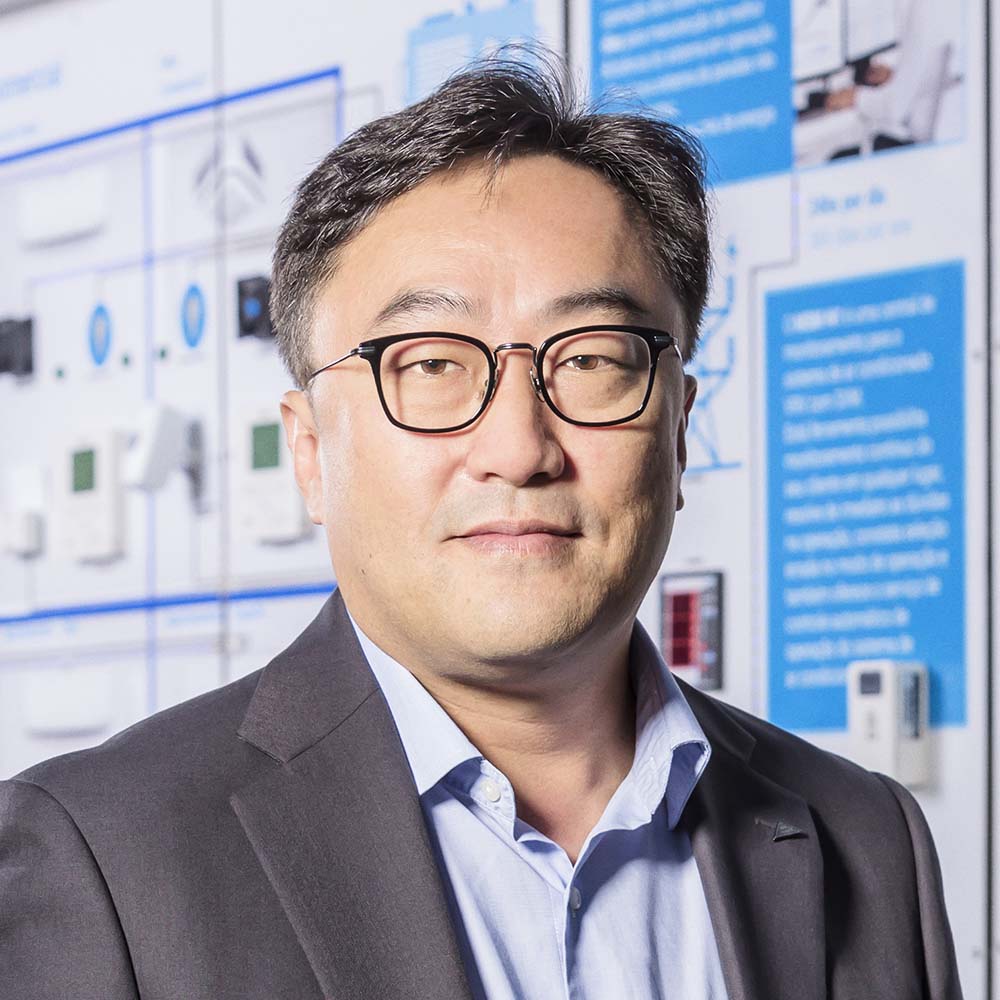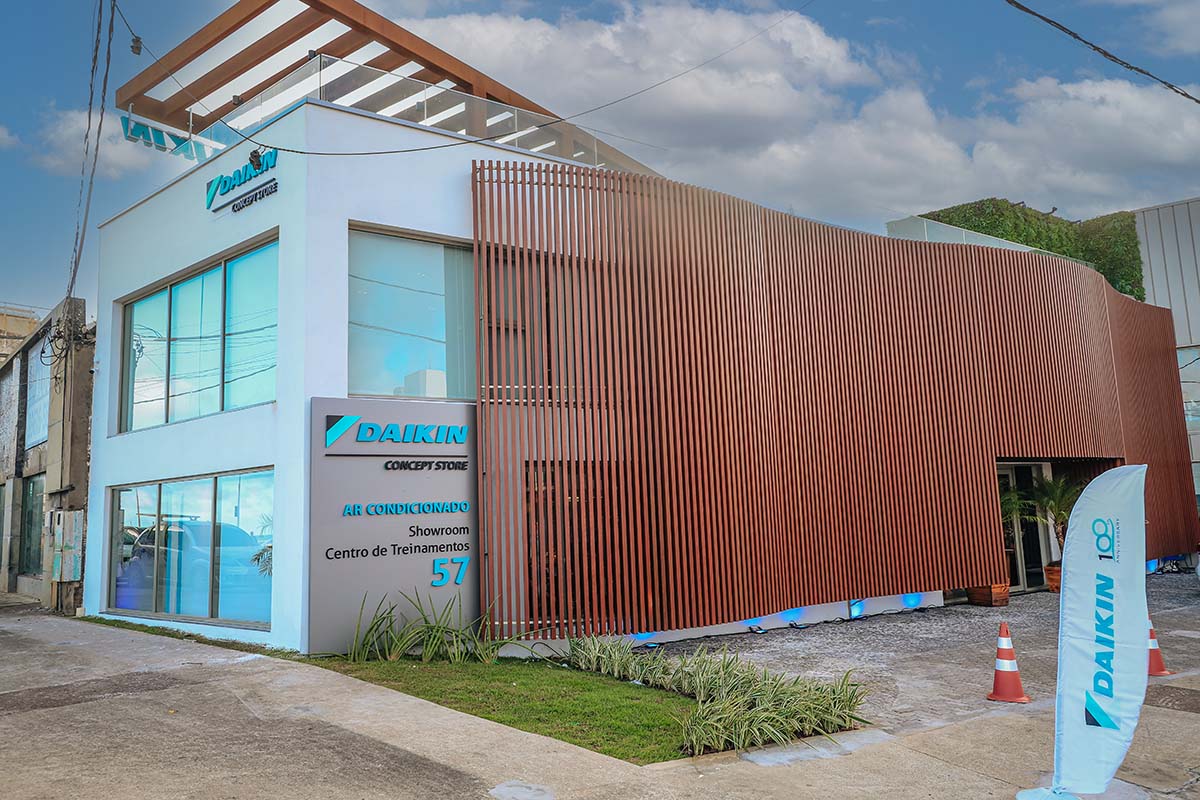Daikin Brazil, under Daikin Industries, was founded in São Paulo in 2011; pivotal to the company’s Latin American expansion. Initially introducing high-quality, energy-efficient split-type air conditioners to a market dominated by window units, Daikin Brazil has since achieved major milestones — like establishing a manufacturing plant and training centers, as well as becoming a key player in residential and commercial air conditioning.
“Daikin started as a small operation here in Brazil, represented by a local agent. We later entered the market directly, importing products from Japan; primarily, split-type air conditioners. We started production in Manaus, focused on producing high-quality, energy-efficient inverter-technology models,” Roberto Yi, President of Daikin Brazil, shared.
To overcome initial challenges in product pricing and market penetration, Daikin invested heavily in consumer education, technical training, and in advocating for more stringent energy regulations in the country. Yi elaborated: “We established a major training center in São Paulo, the largest of its kind in Latin America. This was instrumental in training technicians to install our products correctly.” To date, the company has trained more than 10,000 installers, with training centers in São Paulo, Salvador, and Rio de Janeiro.
Daikin Brazil’s growth has been exponential. “In 2015, our revenue was around 200 million reais; we had roughly 100 employees. Today, we’re approaching 1 billion reais in revenue; our workforce has expanded to nearly 500 employees,” Yi shared. The company now leads the Variable Refrigerant Volume (VRV) and applied commercial air conditioning sectors, holding over 30% of the market share in Brazil.
Our goal is to provide advanced cooling solutions that minimize energy consumption and enhance operational efficiency for these facilities.
Roberto Yi, President of Daikin Brazil
Looking ahead, Daikin Brazil is enlarging its reach across all air conditioning segments. “We’ve two primary objectives — expanding our residential market share and further strengthening our leadership in commercial air conditioning, closely collaborating with our team in India to introduce new products for the mid- to lower-range markets in Brazil,” Yi said.
Additionally, the company is focusing on the burgeoning data center market, leveraging Brazil’s position as a hub for tech infrastructure. Yi explained: “Major global players — like Google, Amazon, Microsoft, and Meta — are expanding their data centers in Latin America. Our goal is to provide advanced cooling solutions that minimize energy consumption and enhance operational efficiency for these facilities.”
On this growth trajectory, the Japan-Brazil connection remains vital. “We’ve engaged with the Brazilian government and collaborated with Japan International Cooperation Agency (JICA) to demonstrate Japan’s regulatory framework,” Yi concluded.





